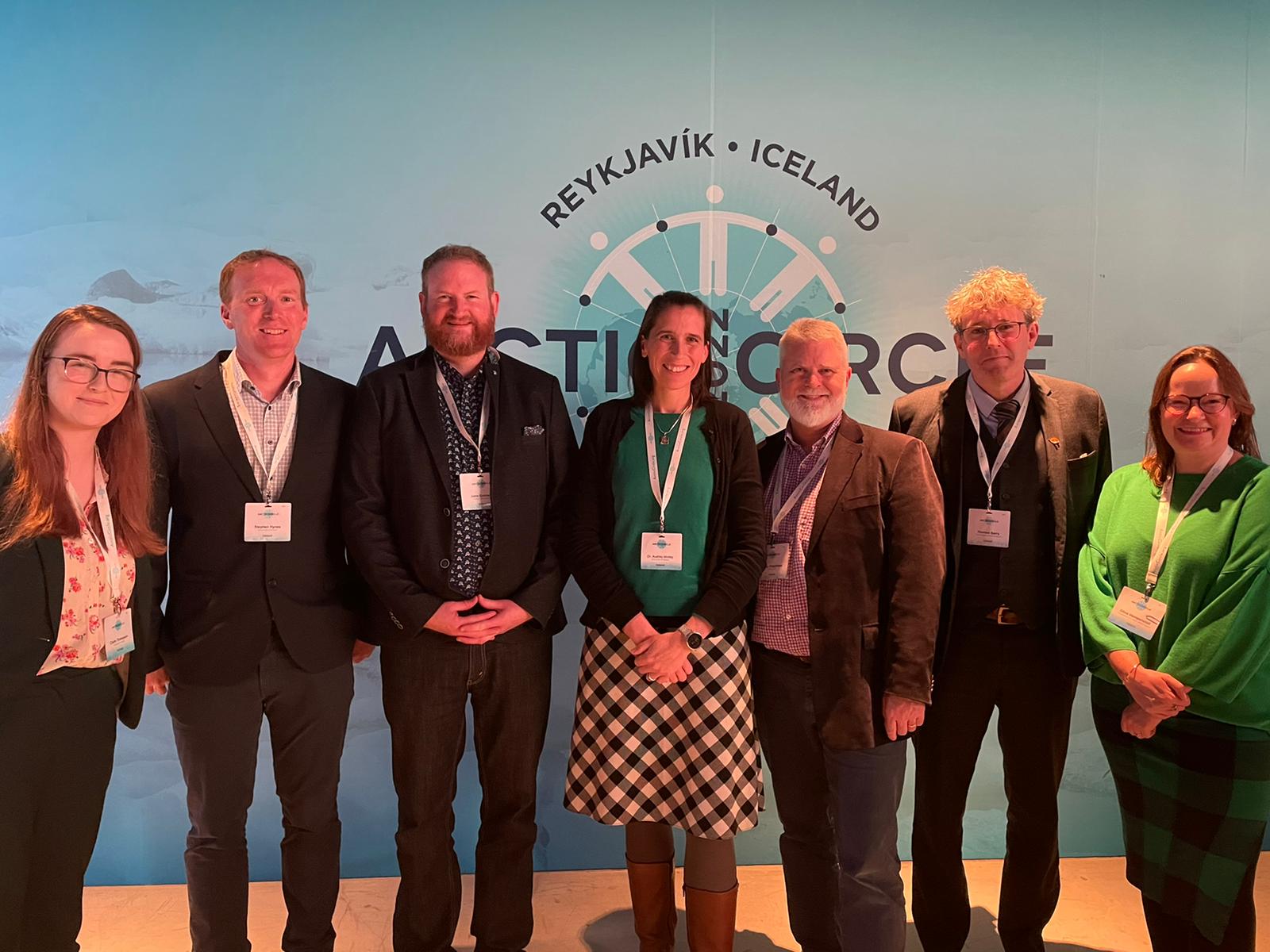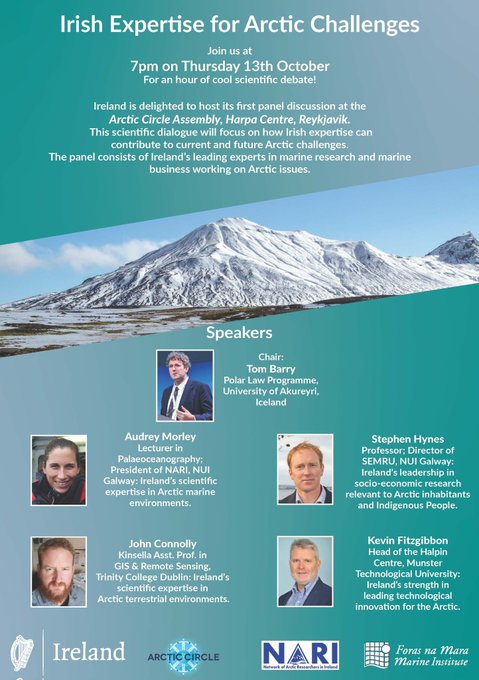-
Courses

Courses
Choosing a course is one of the most important decisions you'll ever make! View our courses and see what our students and lecturers have to say about the courses you are interested in at the links below.
-
University Life

University Life
Each year more than 4,000 choose University of Galway as their University of choice. Find out what life at University of Galway is all about here.
-
About University of Galway

About University of Galway
Since 1845, University of Galway has been sharing the highest quality teaching and research with Ireland and the world. Find out what makes our University so special – from our distinguished history to the latest news and campus developments.
-
Colleges & Schools

Colleges & Schools
University of Galway has earned international recognition as a research-led university with a commitment to top quality teaching across a range of key areas of expertise.
-
Research & Innovation

Research & Innovation
University of Galway’s vibrant research community take on some of the most pressing challenges of our times.
-
Business & Industry

Guiding Breakthrough Research at University of Galway
We explore and facilitate commercial opportunities for the research community at University of Galway, as well as facilitating industry partnership.
-
Alumni & Friends

Alumni & Friends
There are 128,000 University of Galway alumni worldwide. Stay connected to your alumni community! Join our social networks and update your details online.
-
Community Engagement

Community Engagement
At University of Galway, we believe that the best learning takes place when you apply what you learn in a real world context. That's why many of our courses include work placements or community projects.
News & Events
SEMRU representing Ireland at Arctic Circle Assembly
Date Released: 17 October 2022Ireland is a near-Arctic Island nation located in the North Atlantic and the changes taking place in the Arctic impact directly on us. Today’s Arctic agenda covers a range of issues important to Ireland’s national interests, including climate change; law of the sea; energy exploration; new Arctic shipping routes; fish and aquaculture; marine conservation; search and rescue; preservation of minority/indigenous languages and cultures; peripheral communities; and sustainable development. As a globally aware state Ireland wishes to play a constructive role in the Arctic because of the significance of the Arctic region globally and the increasingly adverse impact climate change is having on the Earth’s oceans and environment. With that in mind, the Department of Foreign Affairs hosted Ireland’s first ever panel discussion at the Arctic Circle Assembly which took place in Reykjavik from the 13th to the 15th of October 2022. The session highlighted existing and emerging Irish expertise in addressing these Arctic Challenges.
The coordination of research efforts on a regional, national, and international scale is becoming increasingly urgent in order to address the emerging environmental and societal pressures on the Arctic region, which have global significance and impacts. Ireland is determined to facilitate collaboration, sharing, and coordination of scientific, technological, and socio-economical expertise linked to the Arctic and thereby contribute to solving these challenges. Specifically, the Irish session at the Arctic Circle Assembly focused on (1) Ireland’s growing scientific expertise in Arctic marine and terrestrial environments, (2) Ireland’s strength in leading technological innovation in search and rescue operations and (3) Ireland’s leadership in socio-economic research relevant to Arctic inhabitants and Indigenous Peoples. During the session, short presentations highlighted how Irish expertise is relevant to Arctic regions and communities. This was followed by a panel discussion where the speakers took questions from the audience. University of Galway’s Dr Audrey Morley and Prof Stephen Hynes were two of the panel members at this historical event.

Representing Ireland at the event were (l to R) Claire Thompson - Department of Foreign Affairs, Stephen Hynes - University of Galway, John Connolly - Trinity College, Audrey Morley - University of Galway, Kevin Fitzgibbon - Munster Technological University, Tom Barry - University of Akureyri and Olive Hempenstall - Department of Foreign Affairs
















